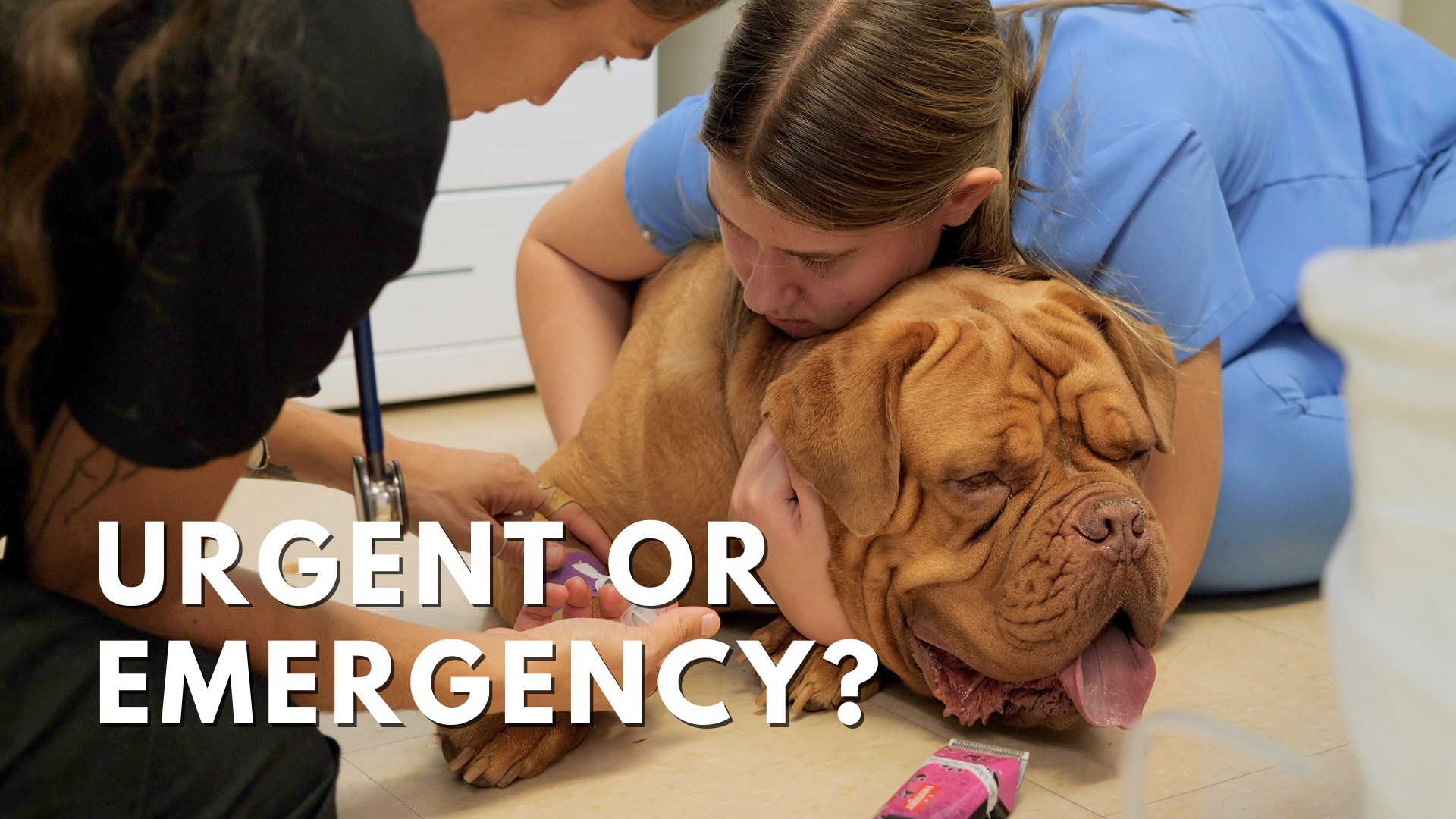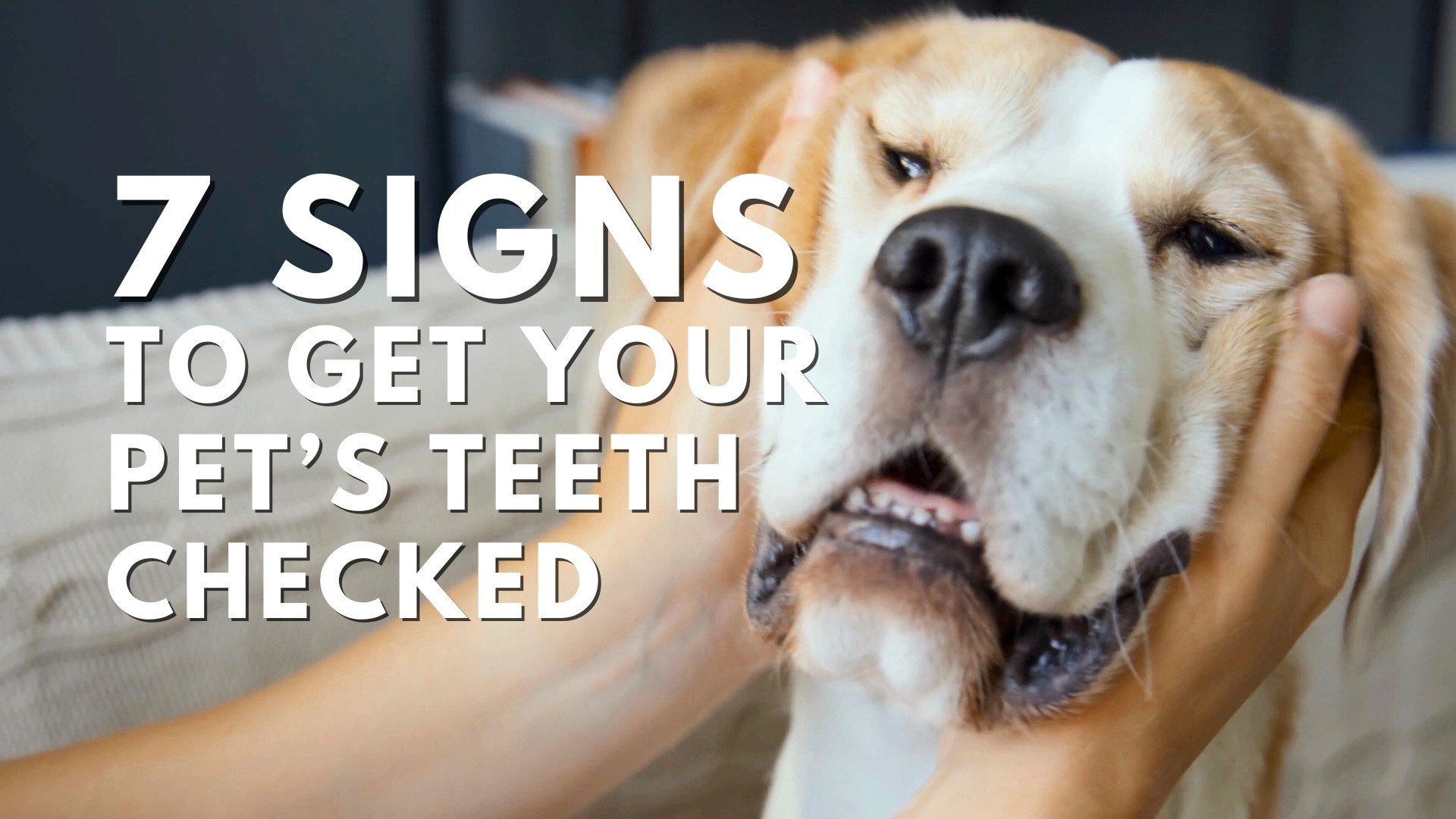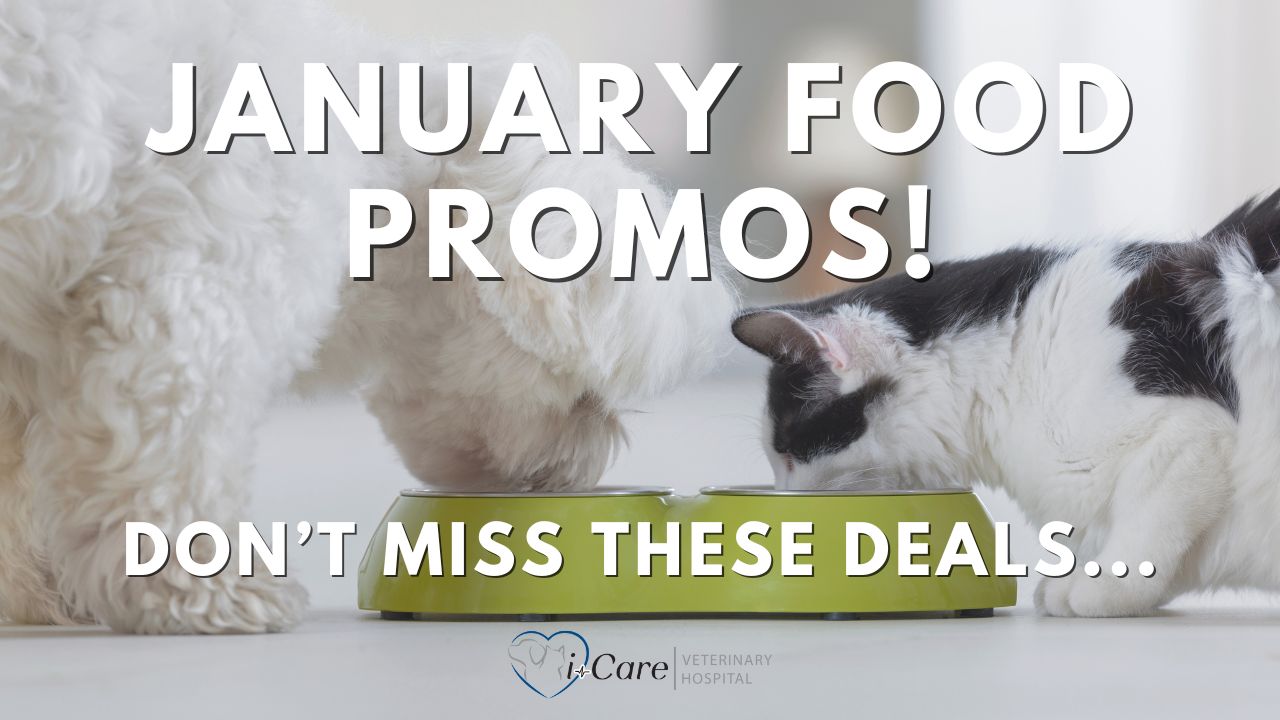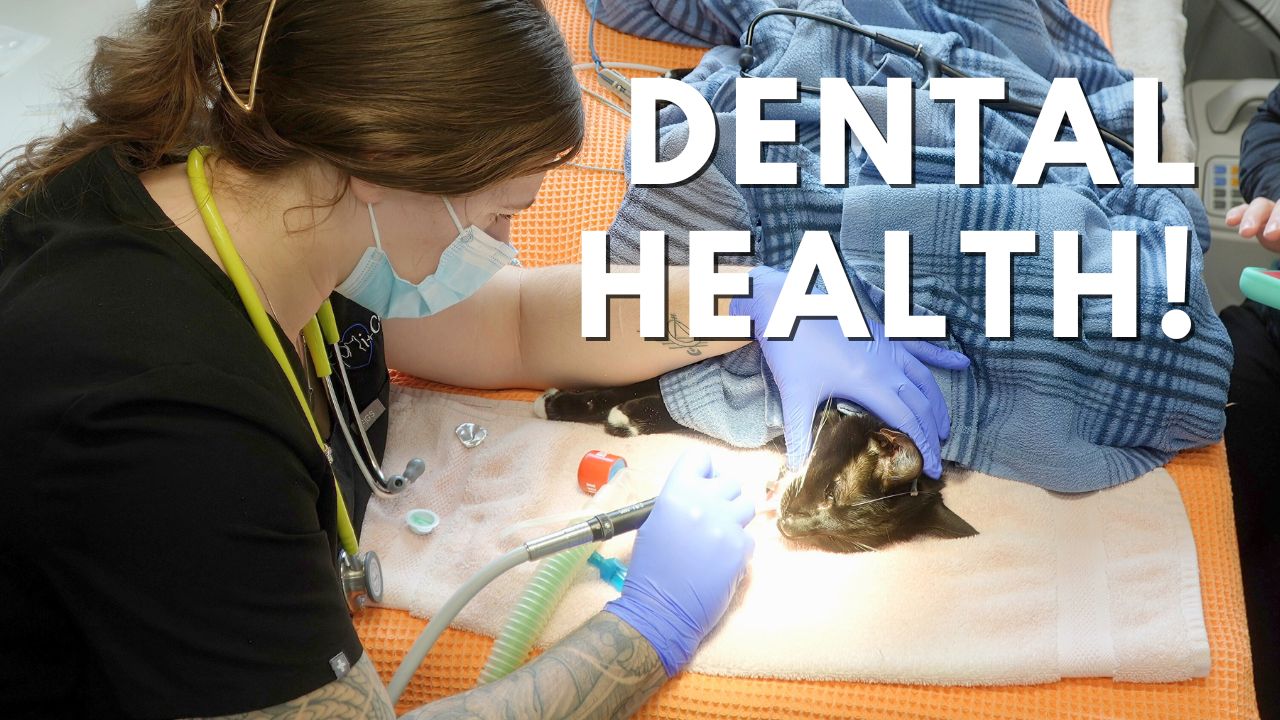28 Jan Urgent Care vs. Emergency Care – What’s the Difference and When Should You Act?
When your pet isn’t feeling well, it can be hard to know whether the situation is an emergency or something that can wait until your next regular vet appointment. In these stressful moments, having a clear understanding of the difference between urgent care and emergency care can make all the difference in getting your pet the help they need. At i-Care Veterinary Hospital, we provide urgent care services for pets, offering same-day appointments to address non-life-threatening but time-sensitive health issues. In this blog, we’ll help you understand what types of situations qualify as urgent care versus an emergency and what steps to take if you’re unsure. https://youtu.be/ypJhHq2IOa4 What is Urgent Care for Pets? Urgent care is designed for pets who need prompt attention but are not in immediate danger of losing their life. Think of it as the pet equivalent of visiting a walk-in clinic for humans. Common Urgent Care Cases Include: Minor injuries such as cuts, scrapes, or limping. Vomiting, diarrhea, or dehydration. Ear infections, itching, or rashes. Mild allergic reactions, including swelling or hives. Coughing, sneezing, or respiratory issues that are non-life-threatening. Eye discharge, redness, or irritation. Pain or difficulty moving without collapse. Urinary problems, including straining to urinate or accidents in the house. Why Urgent Care Matters: Many of these conditions may worsen if left untreated, but they don’t require the immediate life-saving intervention of an emergency. Urgent care appointments are typically faster and less costly than emergency services, making them a practical solution for common pet health issues. What is Emergency Care for Pets? Emergency care is for life-threatening conditions that require immediate medical attention to stabilize your pet. Examples of Emergency Cases Include: Severe trauma, such as being hit by a car or falling from a height. Seizures lasting more than 5 minutes or multiple seizures in a row. Difficulty breathing or choking. Severe bleeding that won’t stop. Collapse, unconsciousness, or sudden inability to stand. Suspected poisoning or toxin ingestion. Bloating with a hard, swollen abdomen (possible GDV in dogs). Inability to urinate, especially in male cats (could indicate a urinary blockage). Heatstroke or severe hypothermia. Uncontrollable vomiting or diarrhea, especially with blood. When in Doubt—Call Us! It’s not always easy to tell whether a situation requires urgent care or emergency care—and that’s okay! At i-Care Veterinary Hospital, we encourage pet owners to call us immediately if they’re unsure. Our experienced team can guide you through the next steps and determine whether your pet should come in...




